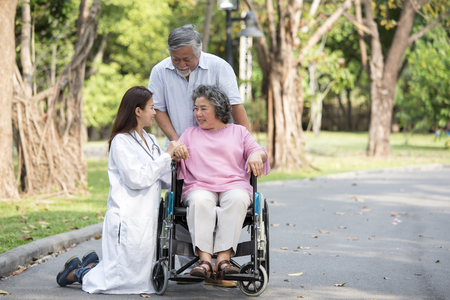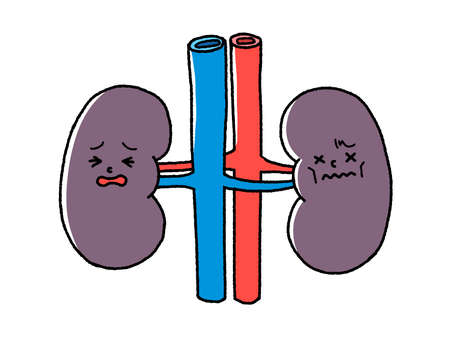Continuity of Care: How GPs Support Patients Transitioning from Hospital to Rehab
Introduction to Continuity of Care in the UKContinuity of care stands as a cornerstone of the UK’s healthcare ethos, particularly during the crucial transition from hospital to rehabilitation. In a system where patient-centred care is paramount, seamless handovers between different stages of treatment are not just an ideal—they’re essential for achieving optimal health outcomes and…









